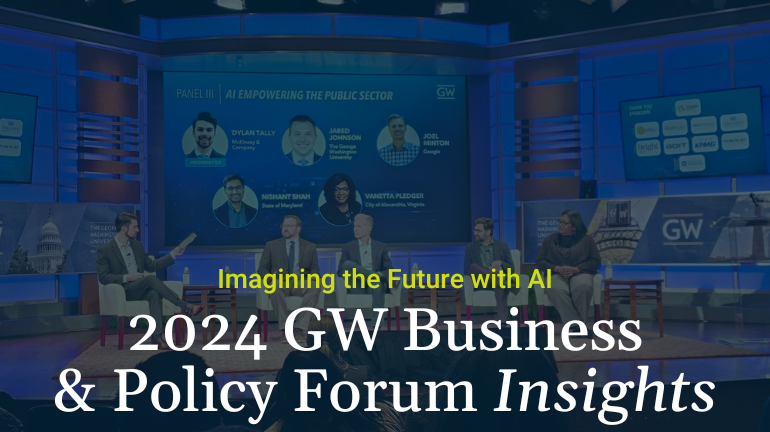The AI Disruptor, and the Human Constant
1928 – “March of the Machine Makes Idle Hands”
1956 – “Workers See Robot Revolution Depriving Them of Jobs”
1980 – “A Robot is After Your Job”
2018 – “Why AI Will Create Jobs”
These are all headlines in news outlets over the last 90 years in the US. In the 1940’s, 25% of American workers were engaged in the manufacturing sector. Fast forward to 2010 – only 10.4% of the workforce was involved in manufacturing. Several assumptions can be made from this fact. But, what has changed?
The likely story is that:
- Fewer workers can now provide more products for a much larger population thanks to machines
- Workers need higher skill levels to operate machines, which has at times led to a shortage in skilled labor
Robots are smarter now due to substantial improvements in Artificial Intelligence, or AI. History has shown that AI has created fear of job loss. Today though, the US is the enjoying the lowest unemployment rate in many years. In fact, we are at near full employment. Why do we, as a society of purportedly mature and successful organizations, continue to forget that innovation, even disruption, consistently leads to competitive products and services, and usually an increase in jobs? Part of the answer might be that people fail to acknowledge the potential benefits and growth because they are solely focused on the pain that comes with change. Long business cycles cause us to forget that every time a disruption like AI supposedly threatens us, it results in more productivity, more volume, and more jobs.
There are many examples of initially threatening change resulting in positive benefits to the workforce. From the replacement of bank tellers by the Automatic Teller Machine (ATM), resulting growth in banking services, to the growth of the tourism industry through the innovation in the airline industry, to the move away from manual financial analysis toward the incredible use of spreadsheets to exponentially increase the complexity and speed of data management and decision making.
Through all of these tough transitions, strategy and business process have been primary drivers of technology to realize success Those organizations that fail to implement change through the use of innovative technology have no doubt short changed the strategy, business process, and culture work that typically enables a change to have a positive impact. These are aspects that Evans Incorporated does well, resulting in ROI − Real Operation Impact ®.
Business Process Improvement – The Evans Incorporated ‘Differentiator’
Evans Incorporated has been helping government agencies, international organizations, and commercial firms alike for more than 20 years to develop, and/or re-engineer business processes. Our approach is different from other firms in that we tightly integrate functions such as change management, program management optimization, organizational design, coaching, high performing teams, etc., to provide a human-centered approach to Business Process Improvement. Evans consultants are believers in the value of intentionally putting ourselves in the client’s shoes and taking ample time to understand the problem and its impact on all stakeholders. This cultural attribute and dedication to problem solving typically results in time and money savings as well as reduction in risk.
Evans truly values people above process and technology, therefore, our method is laser focused on organizational culture, individual abilities and attitudes, roles and responsibilities, and measurable outcomes. Knowing that the ‘Human’ is truly the only constant throughout history, Evans’ customers have typically report that our approach makes complex implementations simple and solvable through the synthesis of multiple data gathering techniques to design a solution that is unique and effective. The ultimate goal is to help provide a self-sustained solution that executives can sponsor, middle managers can enable, and staff can leverage for high performance.
Do you want to maximize the chance of executing your strategy? Consider Evans BPI as the bridge to realizing your future.
To find out more about how Evans’ human-centered approach to Business Process Improvement can enrich you and your organization, please contact Emad Elias, PMP, CMP, CLSSGB, at eelias@evansconsulting.com.



